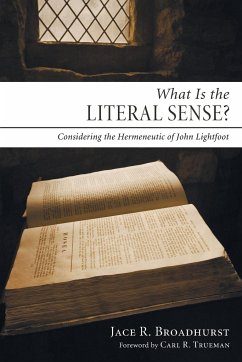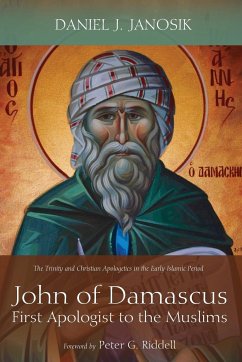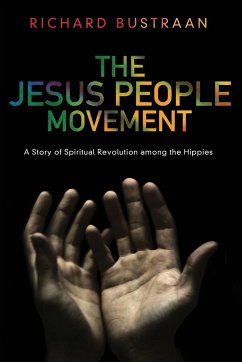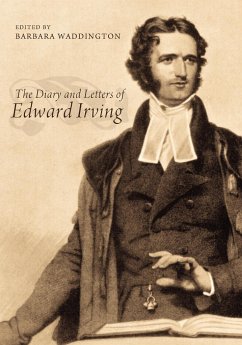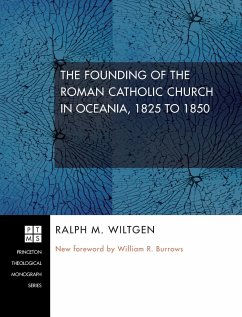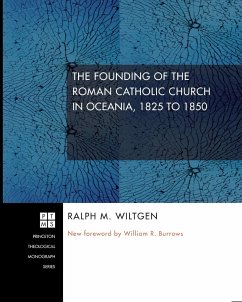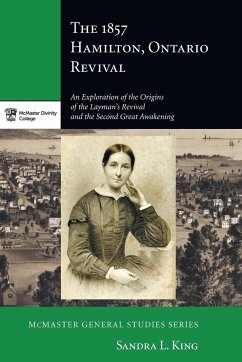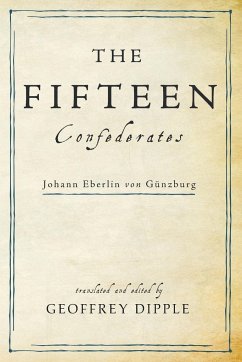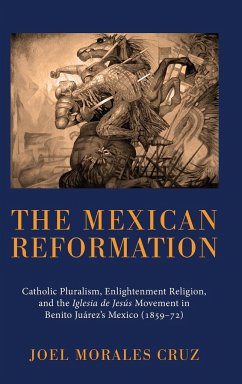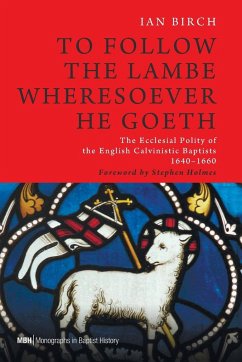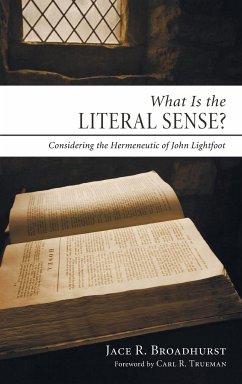
What Is the Literal Sense?
Versandkostenfrei!
Versandfertig in 1-2 Wochen
40,99 €
inkl. MwSt.
Weitere Ausgaben:

PAYBACK Punkte
20 °P sammeln!
Invariably, people who read Scripture are forced to answer the question, ""What is the 'literal sense'?"" This question is not new. In the seventeenth century, John Lightfoot--signer of the Westminster Confession of Faith and a master of Hebrew and of rabbinic writings--wrestled with the same question, and his conclusions had a profound impact in the world of hermeneutics. In an age of much animosity towards the Jews, Lightfoot embraced the insights found in the Jewish writings while staying grounded in his reformational dogmatic theology. In so doing, his exegesis could properly be considered...
Invariably, people who read Scripture are forced to answer the question, ""What is the 'literal sense'?"" This question is not new. In the seventeenth century, John Lightfoot--signer of the Westminster Confession of Faith and a master of Hebrew and of rabbinic writings--wrestled with the same question, and his conclusions had a profound impact in the world of hermeneutics. In an age of much animosity towards the Jews, Lightfoot embraced the insights found in the Jewish writings while staying grounded in his reformational dogmatic theology. In so doing, his exegesis could properly be considered a via media between Reformed Scholasticism and Judaism. Lightfoot's hermeneutical principles and presuppositions outlined in this book not only provide valuable insight into his thinking but also reject the previously normative notion that Reformed Scholasticism has little to offer dogmatically or exegetically. The current tensions between systematic and biblical theology, the rise of interest in Second Temple and medieval Judaica, and the never-ending question of biblical authority make What Is the Literal Sense? an important read.




